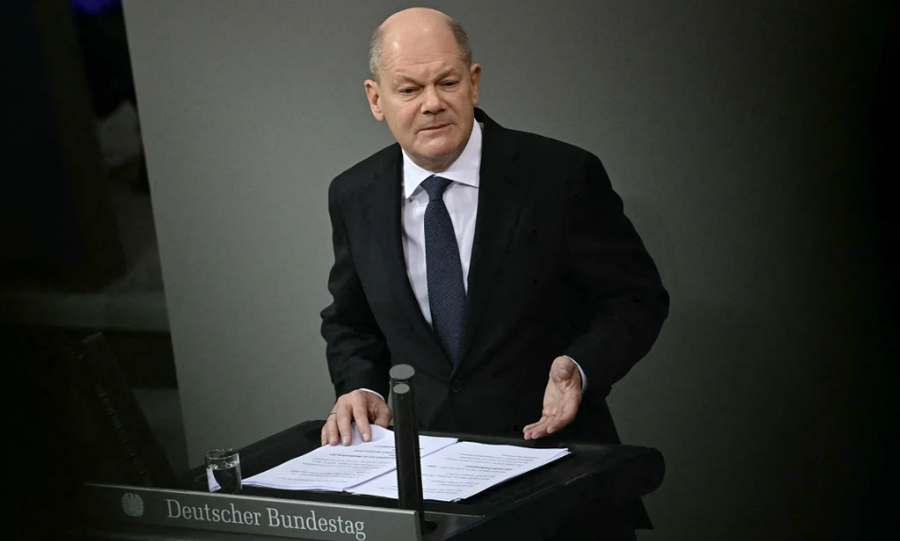
Germany, Europe's largest economy and normally a pillar of stability, is facing snap elections next year after Chancellor Olaf Scholz lost a confidence vote in the Bundestag (German Parliament).
According to foreign media, his government fell in November after a budget dispute, but his coalition had been unstable for months.
Scholz lost the vote of confidence, which he described as only a step towards securing early national elections, with 394 votes against him, 207 in favor and 116 abstentions.
The date of the elections in Germany is set for February 23 next year, writes A2 CNN.
There will be seven major parties that Germans will vote for. Four out of seven of them have made official announcements about their Kanzlerkandidaten, candidates for chancellor.
The two ever-present parties of German politics, the Christian Democrats (CDU) and the Christian Social Union (CSU), informally known as the Union, form a grouping. The Social Democrats, or SPD, form another grouping.
Given the German system of proportional representation, the government tends to be formed in a coalition, usually led by the CDU/CSU or the SPD. The winner needs a partner to form the majority, writes A2 CNN.
(A2 Televizion)











